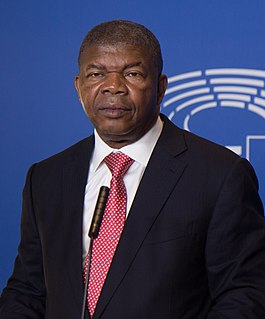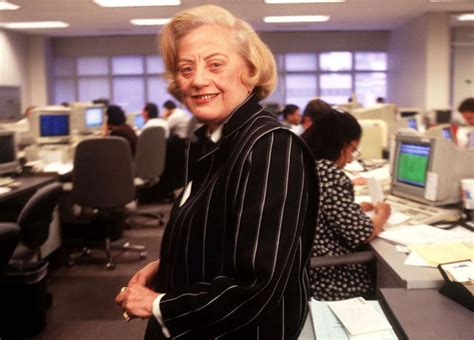A Quote by Joao Lourenco
Angolans who repatriate overseas funds and invest in the economy, companies that generate goods, services, and jobs won't be harassed. No questions will be asked about why their money was abroad, and they won't face legal prosecution.
Related Quotes
I've never been able to get it straight about what these people who are worried about the trade deficit are worried about. When they say that we're buying too much from overseas, that we're sending too many dollars overseas to get all these goods and services they got, they're saying that the American dollar is too strong and that is hurting our economy. And the result of this will be that the American dollar will get too weak, and that will hurt our economy.
Requiring the payment of higher wages will lead to a loss of some jobs and a raising of prices which drives companies to search for automation to reduce costs. On the other hand, those receiving higher wages will spend more (the marginal propensity to consume is close to 1 for low income earners) and this will increase demand for additional goods and services. Henry Ford had the clearest vision of why companies can actually benefit by paying higher wages.
Getting a traditional pharmaceutical to the market can cost a billion dollars or more. Newer, more tailored and targeted drugs called biologics are even more complex and expensive. Simple economics dictates that companies and venture funds will invest more in products that can generate a sufficient return.
If we're talking about buying exchanges abroad, we have to have global securities standards, as we have global banking regulations. I'm talking about margins. Now, the United States has certain margin requirements that are not the same in London. Investors and hedge funds that want to borrow more money against securities ? if they can't in the U.S., they go abroad. That could add additional risks to the global economy.
People have to pay so much money to the banks that they don't have enough money to buy the goods and services they produce. So there's not much new investment, there's not new employment (except minimum-wage "service" jobs), markets are shrinking, and people are defaulting. So many companies can't pay their banks.































